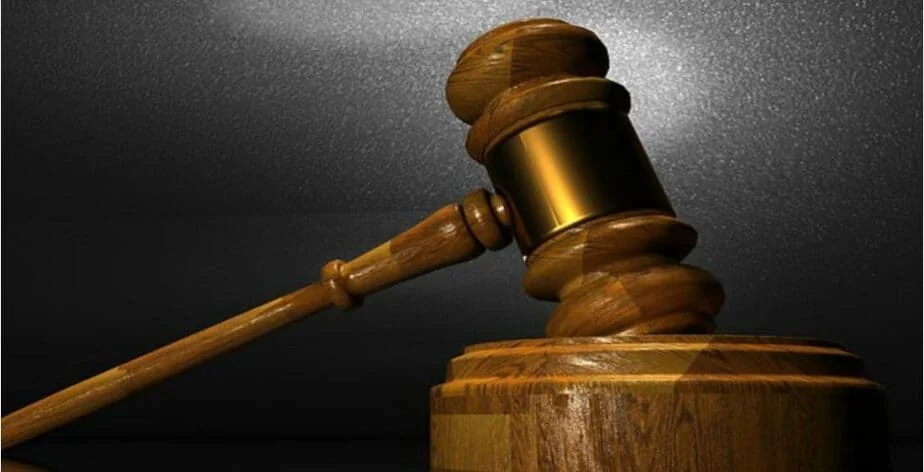After a prolonged legal battle, Siyabonga Ngcobo has been freed from prison after the Supreme Court of Appeal overturned his conviction for attempted murder. His case, which stemmed from a 2019 shooting incident near a Shoprite store in Montclair, has raised significant concerns about judicial oversight and evidentiary reliability.
Ngcobo and the victim, identified only as Mr. Zulu, were once childhood friends, growing up together in Umlazi township. Their bond endured through primary and high school, but in 2011, their paths diverged dramatically when both were arrested for the alleged murder of a local councillor. Each accused the other, leading to an irreparable breakdown in their friendship.

Years later, in September 2019, Zulu was driving his Toyota Hilux when he noticed a white Golf 7R following him. Losing sight of the car as he entered a traffic circle, he proceeded to park near Shoprite. Moments later, the Golf reappeared, stopping in front of his vehicle. Zulu testified that he recognized Ngcobo in the back seat. Believing his former friend wanted to greet him, he rolled down his window—only to find himself staring down the barrels of multiple firearms. He claimed that Ngcobo and the driver opened fire, forcing him to crouch in his seat to avoid being shot in the head. The attack lasted nearly a minute before the assailants fled. A passerby helped Zulu from the car, and he was rushed to the hospital.
In August 2021, the Durban Regional Court convicted Ngcobo based solely on Zulu’s testimony and sentenced him to five years in prison. However, Ngcobo maintained his innocence, asserting that he had been overseeing a construction project in Umbumbulu on the day of the shooting. His legal team challenged the conviction, citing inconsistencies in Zulu’s account and the failure of investigators to scrutinize his alibi.
Acting Judge Nkosinathi Emmanuel Chili found that Zulu’s statements were riddled with contradictions. Initially, Zulu claimed that the Golf stopped directly in front of his vehicle, but later, under questioning, he changed his version and said the cars were parked parallel. The judge also noted that the crime scene photographs did not align with Zulu’s testimony. While South African law allows for conviction based on a single witness, such testimony must be credible and corroborated—conditions that Zulu’s account failed to meet.
Further irregularities in the trial proceedings came to light. The magistrate overseeing the case discouraged the prosecution from calling additional witnesses after Zulu’s testimony, pressuring the state to prematurely close its case. The judge also highlighted a heated and unprofessional exchange between the magistrate and Ngcobo’s defense attorney, during which personal attacks were made. The magistrate’s remarks suggested a loss of impartiality, shifting the courtroom atmosphere from justice-seeking to personal conflict.
Given the inconsistencies in evidence, the failure to disprove Ngcobo’s alibi, and the judicial irregularities, Judge Chili ruled that the conviction could not stand. He ordered Ngcobo’s immediate release, a decision that not only restored his freedom but also cast a spotlight on procedural fairness and accountability within the justice system.
Ngcobo’s exoneration serves as a stark reminder of the consequences of unreliable testimony and inadequate judicial oversight. His case underscores the necessity of rigorous legal scrutiny to prevent wrongful convictions, ensuring that justice is served based on facts rather than flawed proceedings.
